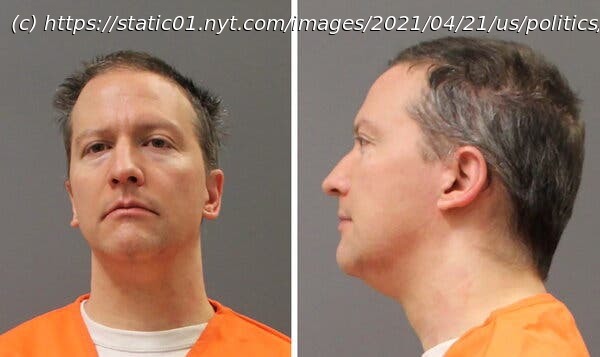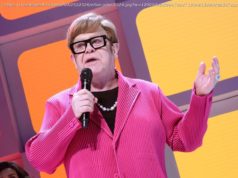The Justice Department has opened up a new avenue for potentially major policy shifts in the city.
Derek Chauvin had worked for almost two decades at the Minneapolis Police Department, amassing a history riddled with accusations of abuse, before he murdered George Floyd on May 25, 2020. As demonstrators flooded the streets of Minneapolis after Floyd’s killing, they said they were driven by outrage but not surprise — Minneapolis’s Black community has almost never had a trusting relationship with its police force, in a dynamic that’s common across the country. So, with the protest movement setting records last spring, the Minneapolis City Council got behind a motion to unwind the police force entirely and replace it with a new entity. Demonstrators’ calls to “end policing as we know it” represented “a mantra to meet the city’s pain,” as the Times reporter Astead W. Herndon put it at the time, and it seemed that — at least on the city level — lawmakers were about to go beyond small reforms. But that effort quickly stalled out. Within weeks, some city legislators walked back their commitment to abolishing the department, saying they supported rethinking policing but not replacing the police force outright. Since then, local efforts at police reform have foundered, partly because of pushback from the city’s powerful police officers’ union. Some City Council members who have consistently advocated a wholesale reworking of policing in Minneapolis didn’t show up on Tuesday when Mayor Jacob Frey, who has walked a more moderate line, gave a speech after the Chauvin verdict. Philippe Cunningham, a Council member who is getting a master’s degree in criminal justice online at John Jay College, was among those who didn’t show up. “I believe that we are in a moment in which we are being called to act with urgency,” he said. “It is possible for us to continue doing the work of reimagining and transforming public safety in this city by building new systems.” Now, less than 24 hours later, a new avenue has opened up for potentially major changes to policing in the city. Merrick Garland, the U.S. attorney general, announced on Wednesday that the Justice Department had opened a “pattern and practice” investigation into the Minneapolis Police Department. That comes on top of a similar investigation being undertaken by the state attorney general, Keith Ellison. These kinds of pattern-and-practice investigations often lead to court-approved agreements between federal prosecutors and local governments, meant to guide a city’s police force through a process of thorough reform.






